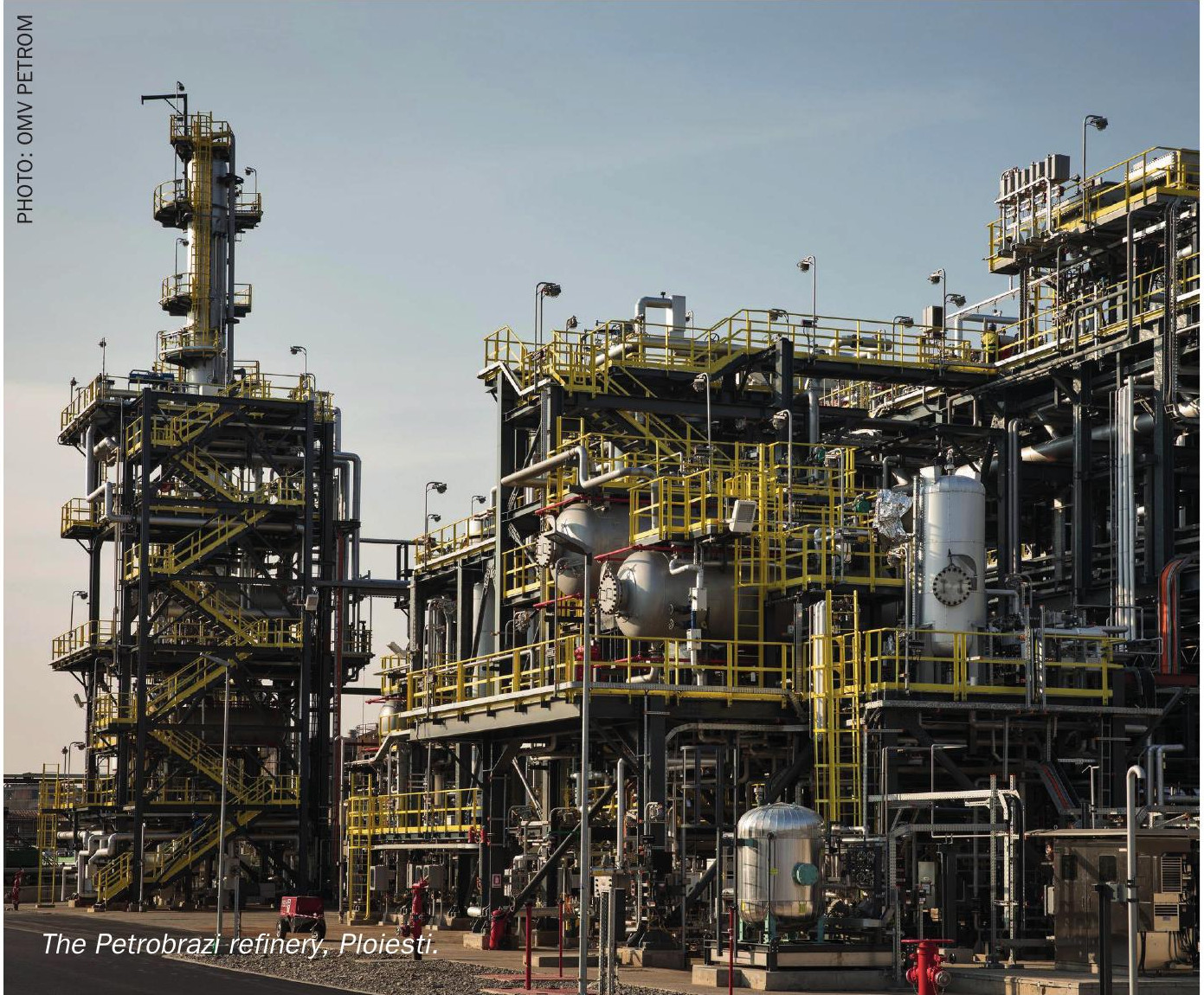Sulphur 418 May-Jun 2025

3 May 2025
Deer Park contractors died from H2S poisoning
The US Chemical Safety and Hazard Investigation Board (CSB) has released a second update on its ongoing investigation into the fatal hydrogen sulphide release that occurred on October 10, 2024, at the PEMEX Deer Park Refinery in Deer Park, Texas. Two contract workers died during the incident, and over 13 tonnes of hydrogen sulphide gas were released. Local authorities issued shelter-in-place orders lasting several hours for the neighbouring cities of Deer Park and Pasadena.
CSB Chairperson Steve Owens said, “This was a very tragic event that took the lives of two workers and put the surrounding communities at serious risk. Maintenance events, like the ones in this incident, must be properly planned and implemented to ensure that they are done safely and that workers and nearby communities are protected.”
On the day of the incident, maintenance contractors were working to remove piping isolation devices, called blinds, from ARU6, one of the refinery’s amine regeneration units (ARUs). During the task, workers inadvertently opened a flange on a piping segment of another unit, ARU7, which was still pressurised with hydrogen sulphide gas. At approximately 4:23 p.m., the ARU7 piping flange was opened, releasing a toxic concentration of hydrogen sulphide gas into the air. One of the contract workers performing the task was fatally injured at the scene. The wind carried the toxic hydrogen sulphide to a nearby unit where other contractors were working. One contract worker downwind from the release was also fatally injured from hydrogen sulphide poisoning. A total of 13 workers were taken to hospital to monitor their condition after H2S exposure.
The CSB says that its investigation is ongoing and will focus on safe work factors, maintenance policies and procedures, and emergency preparedness.





